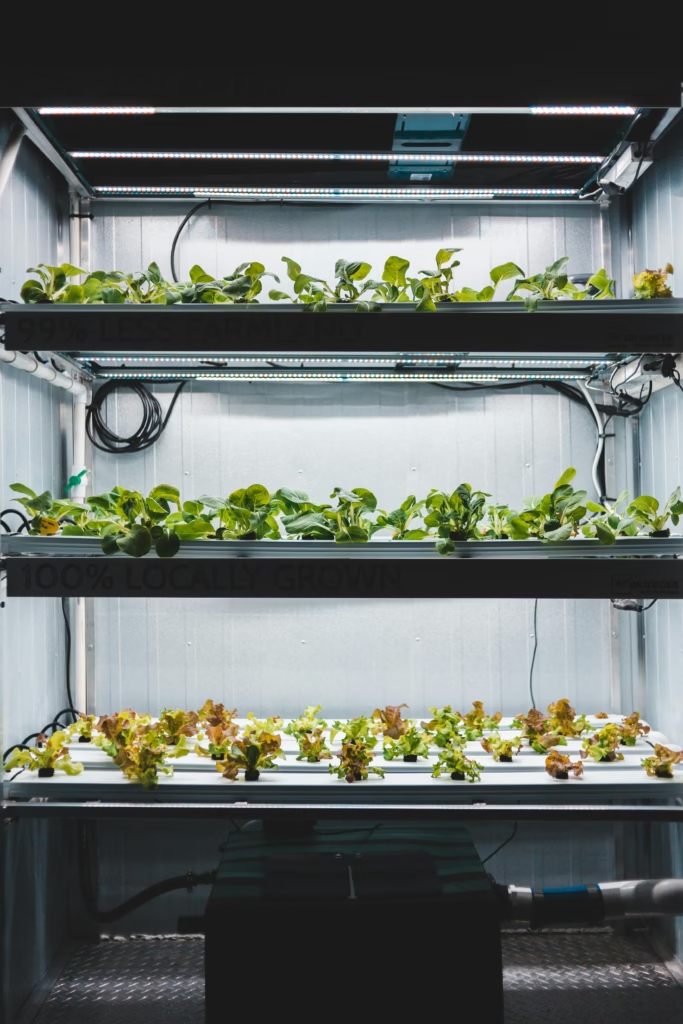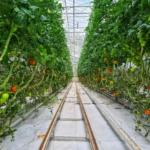
In recent years, Contract Farming Africa has emerged as a powerful force transforming the agricultural landscape across the continent. With millions of smallholder farmers depending on agriculture for their livelihood, contract farming offers a structured way to increase income, reduce risk, and access broader markets. For exporters, processors, and agribusinesses, it ensures a stable supply of quality produce while supporting inclusive growth at the grassroots level.
What Is Contract Farming?
Contract farming is an agreement between farmers and buyers where production and marketing conditions are predetermined. These contracts specify the quantity, quality, price, and delivery schedule of the product. In return, farmers often receive inputs like seeds, fertilizers, technical training, and sometimes financial assistance.
In the context of Contract Farming Africa, this model is playing a crucial role in aligning smallholder production with global demand. It is especially valuable for high-value crops such as sesame, cashew, soybeans, and horticultural products, which are gaining popularity in international markets.
Why Contract Farming Matters in Africa
Africa’s agriculture sector is dominated by smallholder farmers, many of whom operate on less than two hectares of land. They face challenges like lack of access to capital, poor infrastructure, limited knowledge of market demands, and fluctuating prices. Contract Farming Africa offers a solution by creating a predictable and fair trading environment.
With contracts in place, farmers are less exposed to market volatility and middlemen exploitation. More importantly, they can plan better, adopt improved farming practices, and invest in their farms with greater confidence.
Economic Benefits for Smallholders
One of the most noticeable impacts of Contract Farming Africa is improved income stability. Farmers who engage in contract agreements typically earn higher and more predictable returns than those who sell through traditional market channels.
For example, a smallholder cultivating sesame seeds under a contract farming model may receive technical support on pest management, timely access to certified seeds, and guaranteed purchase of produce at fair prices. These advantages not only boost yield but also reduce waste, improve product quality, and increase profit margins.
In regions like West Africa, farmers involved in contract schemes for cashew and groundnuts have reported income increases of 20% to 40% over the past few years. For many, this has translated into better nutrition, education for children, and reinvestment in farming tools and equipment.
Empowering Women and Youth
Contract Farming Africa also presents a valuable opportunity to engage women and youth in agribusiness. Traditionally excluded from formal markets due to lack of resources or social constraints, many women are now participating in value chains as contracted producers. Agribusiness firms are increasingly recognizing their productivity and commitment to quality, especially in labor-intensive crops like vegetables and spices.
In East Africa, youth-led agritech startups are also integrating digital platforms to link young farmers with buyers, further modernizing contract farming systems. These initiatives not only create jobs but also inspire innovation across the supply chain.
Quality and Compliance for Export Markets
From the buyer’s perspective, Contract Farming Africa ensures traceability, quality assurance, and a consistent supply of agricultural commodities. Global importers are increasingly demanding products that comply with food safety regulations, certifications, and ethical sourcing standards.
Through contract farming, African producers can meet these expectations more reliably. Agribusinesses often support farmers with compliance training, inspection systems, and certification support—making African produce more competitive in global markets.
Take, for instance, exporters dealing with African hibiscus or organic sesame. These products are subject to strict quality and residue standards in Europe and the US. Contract farming allows exporters to monitor production closely and ensure that farmers follow the required protocols.
Role of Organizations Like Ahar
Leading agri-exporters like Ahar Group are actively involved in implementing contract farming across several African countries. With their strong presence in nuts, spices, oilseeds, and grains, they serve as a bridge between local farmers and global markets.
Ahar’s approach combines fair contracts with support systems that enhance productivity and sustainability. They invest in farmer training, offer post-harvest handling support, and ensure timely payments. Their transparent model builds long-term partnerships with producers and promotes ethical trade practices.
By applying the principles of Contract Farming Africa, Ahar not only ensures a secure supply chain but also contributes to rural development and poverty reduction.
Addressing the Challenges
Despite its benefits, contract farming is not without challenges. Farmers may sometimes lack legal literacy, making it difficult to understand complex contract terms. There is also a risk of side-selling, where farmers breach contracts by selling to other buyers offering higher prices.
To address these concerns, it’s essential to build trust, promote awareness, and establish conflict-resolution mechanisms. Governments and NGOs can support contract farming through policy frameworks, farmer education, and infrastructure development.
Digital technologies are also playing a role in improving transparency. Platforms that provide real-time market information, digital contracts, and payment tracking are helping to strengthen accountability for both farmers and buyers.
The Future of Contract Farming Africa
Looking ahead, Contract Farming Africa is poised to play an even bigger role in agricultural development. As demand for ethically sourced and high-quality African produce rises, more agribusinesses are expected to adopt contract farming models.
Public-private partnerships, innovation in supply chain technology, and a growing emphasis on climate-smart agriculture will further enhance the effectiveness of this model.
In the years to come, contract farming will not only connect African farmers to global markets—it will also empower them to grow their enterprises sustainably, improve rural livelihoods, and contribute meaningfully to Africa’s economic transformation.
Conclusion
Contract Farming Africa is more than just a trade model—it’s a tool for empowerment, equity, and economic progress. By bridging the gap between smallholder farmers and global markets, it creates opportunities that ripple through communities and economies alike.
With the continued support of stakeholders like Ahar Group and the adoption of best practices, contract farming has the potential to unlock Africa’s vast agricultural potential and ensure that growth in exports leads to real change for those at the heart of it: the farmers.











Add comment